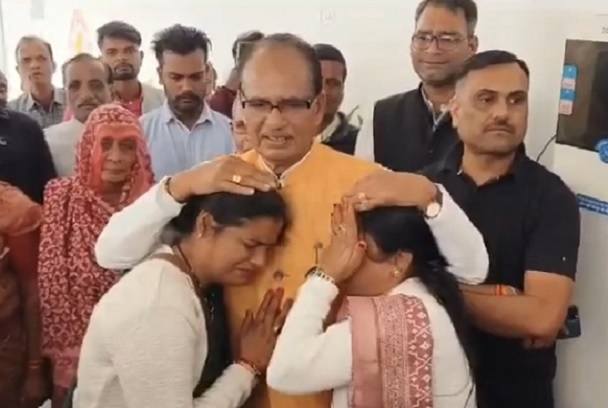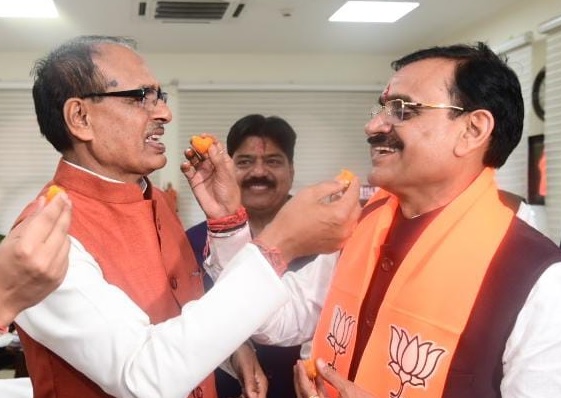Freedom fighter, Speaker of erstwhile Bhopal State Assembly: Sultan Md Khan's important role in Central India

By Mirza Samir Baig
NewsBits.in
Sultan Mohammad Khan played an important role in the history of Bhopal. Especially, at a crucial juncture in the history of the region, prior to independence and even later.
An ardent activist in the national movement, he hailed from the family of royals, but took a conscious decision to take stand against exploitation and imperialism.
He took part in freedom struggle and emerged as a prominent personality in Central India. Khan, who belonged to the family of the erstwhile Nawab of Kurwai, had opened his eyes, when the independence movement was at its peak.
During his early age, he got influenced with the movement to seek India's freedom. A principled man, he got passionately involved with the nationalist movement in Bhopal, which was a princely state, then. He took lead in the agitations in his native town Sehore. After his graduation, he got a degree in Law.
Subsequently, he became one of the most well-known lawyers of the state. Bhopal was a Muslim princely state in the heart of Central India. While it wasn't a huge state, but it had a strategic location. The erstwhile ruler, Nawab Hamidullah Khan, was head of Chambers of Princes and had a clout in British India.
Sultan Mohd Khan voiced the concerns of the poor, weak, jobless and oppressed people. An educated man, his influence grew just as his legal clout, too. One of the most interesting aspects is that though Instrument of Accession had been signed, there was uncertainty about future state.
Nawab Hamidullah Khan remained at the helm, as late as 1949. After independence, new states came up. Bhopal was, however, handled differently. It saw the rule of Chief Commissioners. Subsequently, when Gwalior and Indore were merged, Bhopal remained a separate entity.
As 'Part C' state, Bhopal was neither part of Madhya Bharat, nor other major territory. Hence, after Chief Commissioners' rule ended, Bhopal state was formed. The Bhopal state that existed for five years, and the period was crucial in formative years of Bhopal as part of democratic India.
"Due to his active role in independence movement, he was already a major personality. When the elections were held and Bhopal State was formed, Dr Shankar Dayal Sharma became chief minister and Sultan Mohd Khan became the speaker of Bhopal assembly..
Apart from being a freedom fighter, he was a leading figure and a prominent lawyer. He had won the election and in 1951, became Speaker of Bhopal. In 1956, Bhopal State that included Sehore and Raisen, was merged in greater Madhya Pradesh.
Sultan Mohammad Khan remained active in social life later too. He wa respected figure and was felicitated for his role in freedom movement.Bhopal had become capital of greater MP that was formed after adding Vindhya and Madhya Bharat, parts of several princely states. The Sehore and Bhopal were carved as separate districts in 1972.









